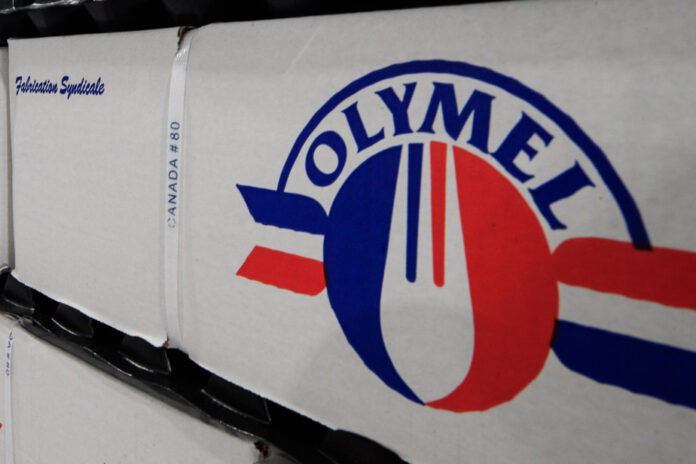Olymel announced Wednesday the closure of its Princeville plant, in Center-du-Québec, a decision which affects the livelihood of 301 workers and which illustrates the company’s “fairly significant” problems.
The factory will cease operations on November 10, the pork and poultry producer announced in a press release late Wednesday. Olymel indicated that it would allow certain employees to relocate within the company.
“What we see is that Olymel is trying to keep its head above water,” says Daniel-Mercier Gouin, who recalls that the company announced a few months ago the closure of its plant. Vallée-Jonction, which had nearly 1,000 employees. The agroeconomics expert believes, however, that the decision to close the Princeville plant was taken in part because Olymel knew it was capable of meeting demand with its other plants.
This is precisely what CEO Yanick Gervais suggested. “We explored various avenues for the Princeville plant, but we found that its operations could be handled in our three slaughtering, cutting and deboning plants [in Saint-Esprit, Yamachiche and Ange-Gardien]. »
Mr. Gouin considers it likely that the closure of the Princeville boning and packaging plant is the “logical continuation” of the closure of the Vallée-Jonction slaughter plant. One thing is certain, however, this new closure is part of a larger “restructuring” that Olymel has undertaken.
“This is not good news, things are not going well,” analyzes Maurice Doyon, full professor in the department of agri-food economics and consumer sciences at Laval University.
“[Olymel] is obviously deciding to scale back its operations,” he says, starting with those that are least attractive to the company. Mr. Doyon also believes that Olymel developed its business model on “one-off” rather than “fundamental” demand. In doing so, he is not surprised by the announcement of a new closure.
“Did I expect it to close? No. But am I in shock? No more,” he lets it go. This is because Olymel made major acquisitions at a time when China, the world’s largest producer (and consumer), saw its pig population decimated by swine flu, reducing supply and inflating prices.
“Olymel is in a situation of too rapid and poorly controlled growth at too high a price,” summarizes Daniel-Mercier Gouin.
Worse still, the labor shortage as well as the COVID-19 pandemic – which forced Olymel to rethink the configuration of its factories – fell like so many tiles on the company. “The bad turns of fate pile up one after the other. At a certain point, it’s just too much,” believes Mr. Doyon, of Laval University.
This difficult situation affects the entire pork industry, but it is Olymel which, due to its position as the dominant player, is suffering the most, he says.
Olymel also brought forward the closure of its Saint-Simon plant, in Montérégie, to January 26, a year earlier than planned. The decision affects 15 employees.
The closure of a factory in Ontario will also have repercussions in Quebec, according to the employer.
A closure notice has been given to 93 employees at the Paris poultry plant in Ontario. Olymel wishes to consolidate its activities with those of Oakville, still in Ontario. This represents an investment of 8 million and will lead to the “creation” of 62 jobs.
The reorganization will have effects on the Sainte-Rosalie poultry further processing plant, in the Saint-Hyacinthe region. The recovery of equipment from the Paris factory will increase the production capacity of the Quebec factory.















